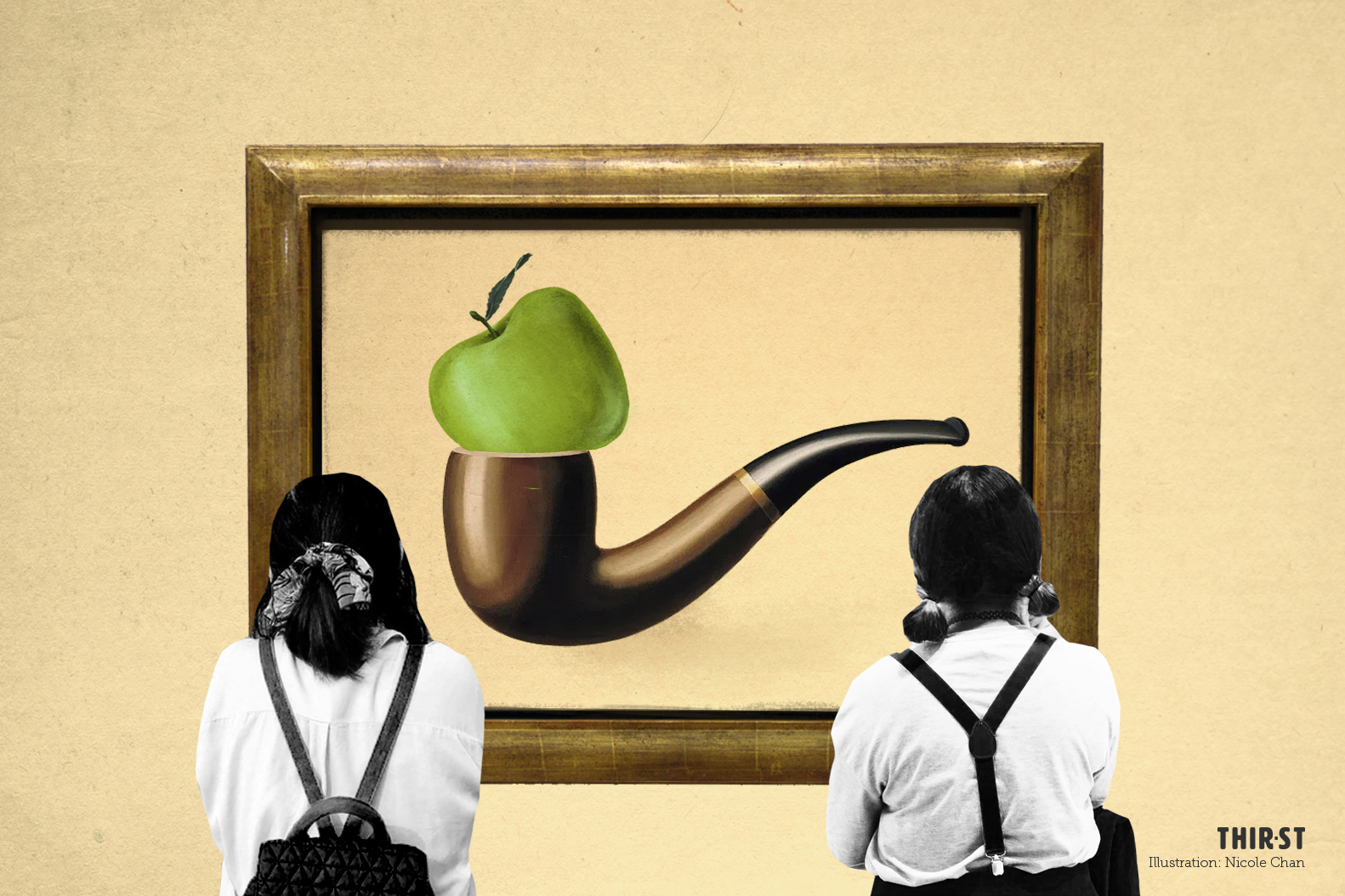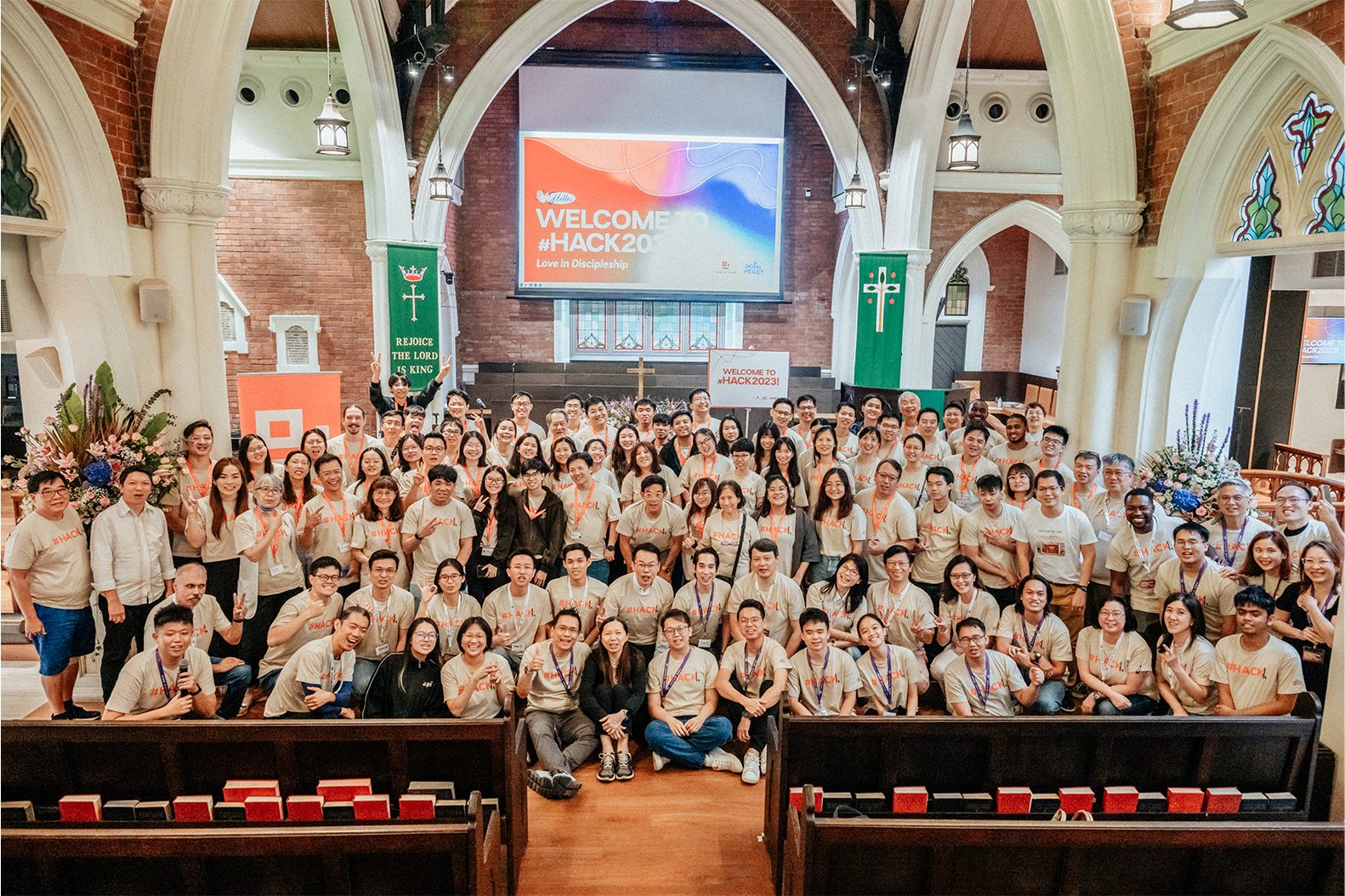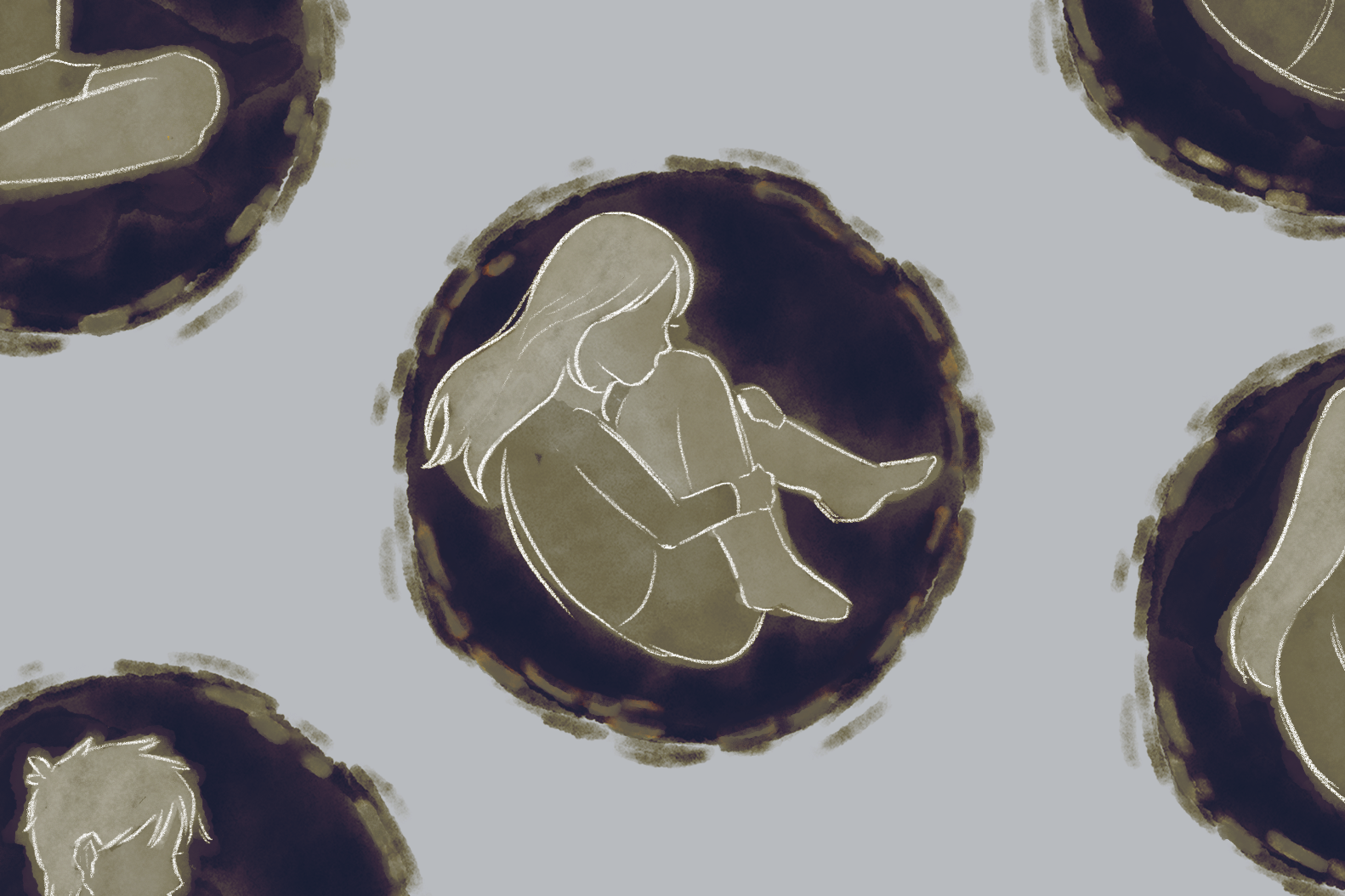For someone who has worked in at least two main corners of the media industry for the past eight years, creative and news, media messaging still overwhelms me.
A younger me would have thought of my current self: Oh, you’ve crafted brand messages to win consumer buy-in, you should pick up the scent of agenda really quickly. Or, oh, you’ve written response pieces to current affairs and culture, you should be able to hold your own views while considering many others in perfect synchrony.
Truth is, I’m more accurately described as the student who didn’t do the readings beforehand and is desperately looking around for answers and quick summaries. What do you think? What about you? Tell me what to think.
And I don’t think, for all that we’ve posted and signalled about our virtues, that you and I are too different in this.
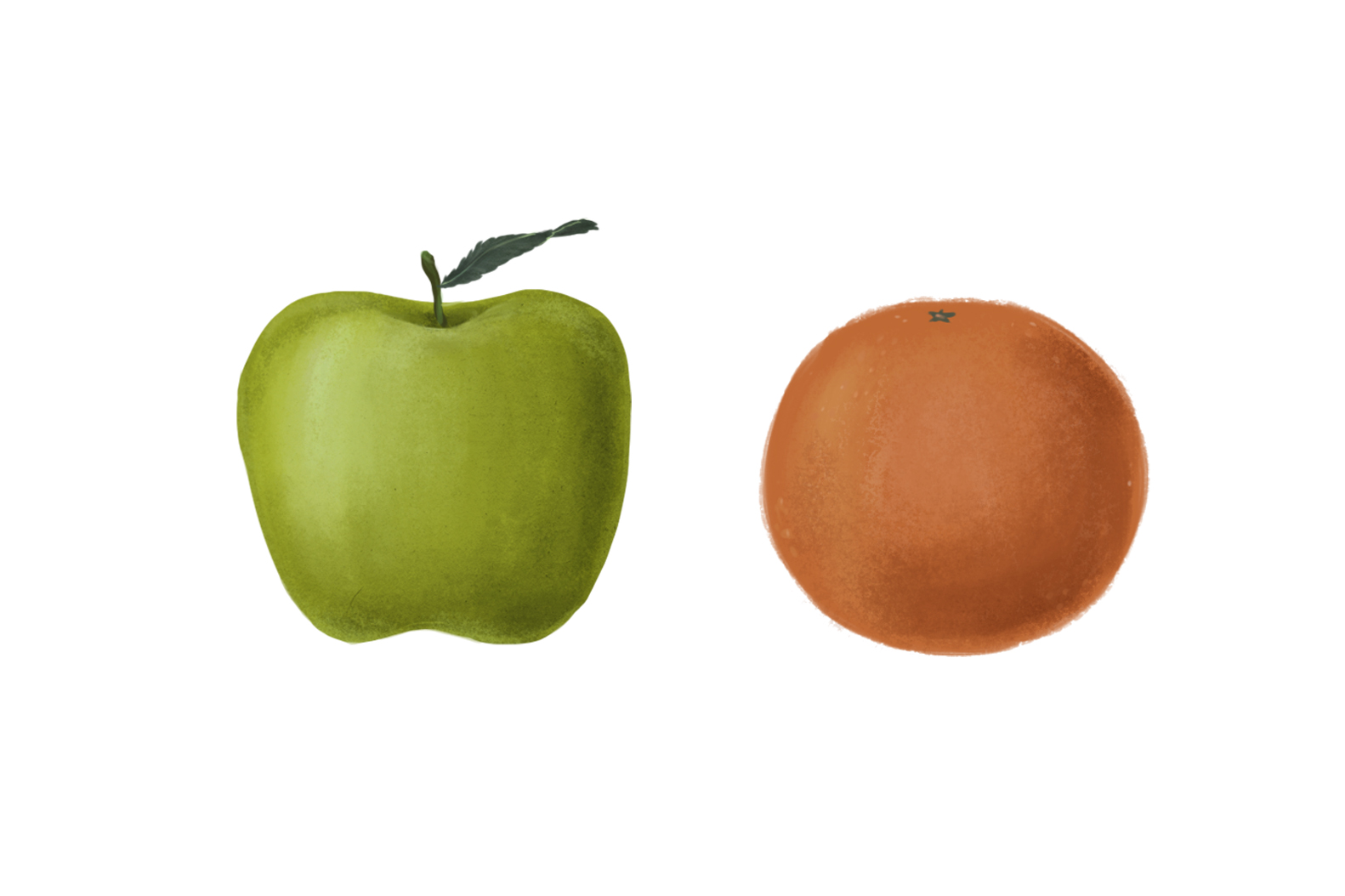
We are the sum of every article we’ve read.
Social media has taken the chatter of the marketplace and made private opinion a free-for-all. I appreciate how it’s given the common people, those not in journalistic or governmental seats, a voice. I love how it’s shown diversity – of culture, identity, craft, success and struggle – for what it is.
But I’ve come to see, all the more in recent days, that nobody can truly be prepared for the sandstorm of media messages that quite impartially wash over anyone not living under a rock. And if you’ve been to the beach, you know how sand just finds its way in, like it or not.
Teach a child what to think, and he learns for a day. Teach a child to think, and he learns for a lifetime.
As Christians, especially Christian parents or leaders or educators, it’s obviously a lot easier to hide ourselves and those we pasture under a rock, the same way I’d rather ask someone else to give me the answers or opinions to have.
But here’s something I’ve been contemplating: Teach a child what to think, and he learns for a day. Teach a child to think, and he learns for a lifetime. Perhaps we need to think and learn, and pasture on the rock instead.
“Therefore everyone who hears these words of mine and puts them into practice is like a wise man who built his house on the rock. The rain came down, the streams rose, and the winds blew and beat against that house; yet it did not fall, because it had its foundation on the rock.” (Matthew 7:24-25)
If my professional training taught me anything worth passing on, it’s the simple lessons: There is always an agenda – a message you receive – intentional or not, personal or not.
Take your time to build your views on the foundation of Jesus, our rock, but also take the time to listen to other views even if they’re diametrically opposed to yours. Sit with those who hold them, the way Jesus always did.
IS THIS AN APPLE?
I say this because we live in a time where apples are no longer apples. Oranges can be apples, with a good-enough reason. Apples don’t have to be apples, if they don’t want to be seen as such.
Again, I get the theory of social constructs and the importance of cultural contexts – why we think the way we think.
I believe it’s imperative to hold space for painful but honest conversations on issues that matter to people. But as a Christ-follower who’s reading her Bible and countless thought pieces on social media, I am concerned – at what point do constructs and contexts get in the way of our conscience?
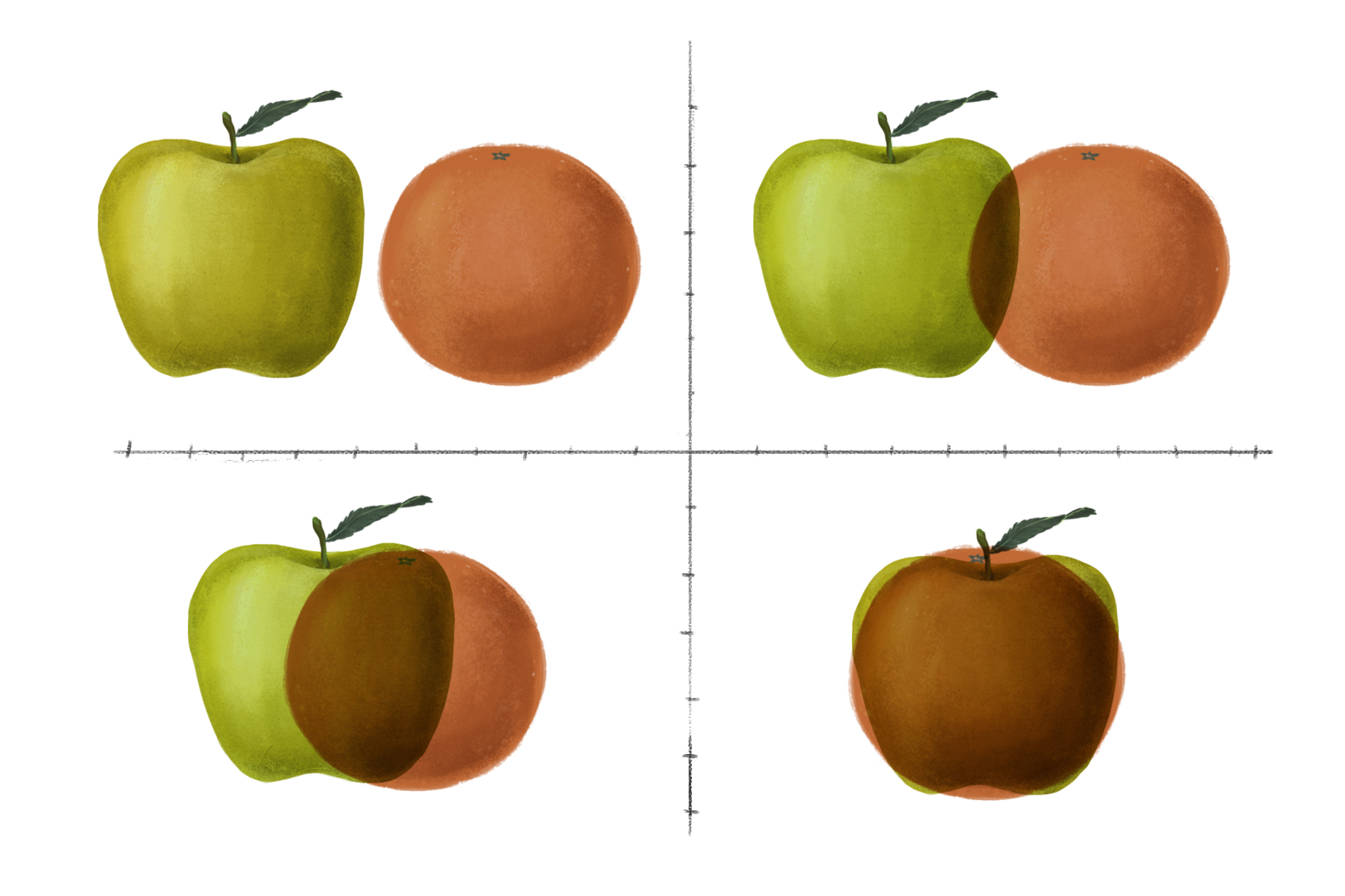
If everyone is right, is there no one right at all? Is our conscience out of job if everything we know is a construct or can be explained away by context?
Because this is how I’ve found myself reacting to certain news, even that within our nation: I don’t agree with what they did. But they do have their reasons. I’m probably responding this way because of my worldview. I guess in this case it’s okay.
It’s got me wondering if it’s as unhelpful as this reaction: I don’t agree with that worldview. I’m going to talk them out of having it. Maybe get violently upset if they don’t back down. I guess in this case it’s okay.
Just as we need to think before we act, we need to think before we believe. The polarising news of our day will keep breaking like waves upon the shore.
Today it could be a high-profile divorce that indirectly reinforces a cultural opinion that marriage is more of a business partnership than a covenantal relationship. Tomorrow it could be another senseless loss of life that sparks off an explosion of public furore over systemic injustice and deep-seated racial tensions, one that spills from the comments section into the streets.
There will be quotable quotes marketed as wisdom. Arguments and headlines aplenty.
Just as we need to think before we act, we need to think before we believe.
So before we turn the dials down on our immediate reactions as the politically correct generation, I repeat: Think about the unspoken message you’re receiving. What is this teaching me? Then take your time to consider your view for yourself – or the media will construct the view for you.
Know your apples from oranges. Don’t censor your conscience. And if the sandstorm gets a little overwhelming, step offline and take a breather.
SPEAKING OF APPLES
In the words of my friend Isaac Ong, extracted from a post about responding to hot-button issues such as racism: “Please try not to form an opinion solely on people’s impassioned speeches and posts online. Educate yourself, and anchor ideas and beliefs in reality by talking to your parents, to your community, to your friends, and then take action.
“Talk about the need to understand. The need to not vilify. The need to be biblically grounded. The need to reflect, the need to listen. And the need to not believe our understanding is complete and dominant. We need one another.
“Don’t merely let someone’s experience become your perspective. The process and beauty of conversations create a space and environment to have better, well-formed thoughts and thinking as opposed to just reading off a few people’s perspectives online.
“My opinion is meant to bring some resistance to a train of thought that may be fuelled by anger or impulses, and empower readers by reminding them to use the power of perceptiveness and thought. The danger is when people don’t think.
“I’m encouraging thinking! I believe everyone should have the right to discern, make choices and not be deceived. I’m happy to present a counter-argument to narratives that are very dominant so that we get a generation of thinkers.
“And in order to discern, various views should be presented. Deception happens when certain views are hidden, muffled or silenced. I don’t deny the anger and frustration and people’s expressions. My sharing was meant to present other views so that we can see that there are other people of colour who approach it differently. That’s a healthy society.”
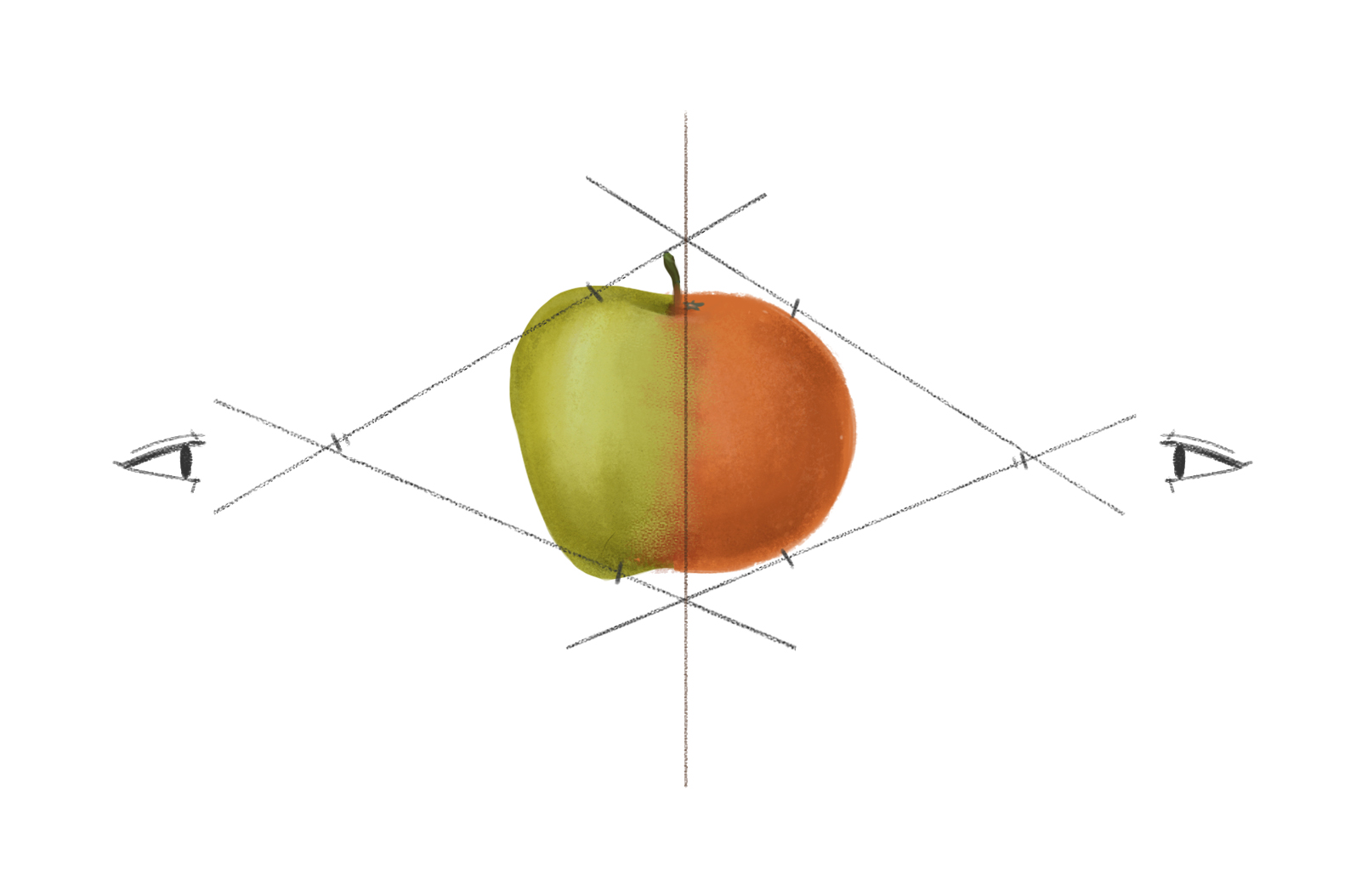
“If you are Christian and have been following the news, always take the time to sit down, declutter with prayer, and build your vision and understanding by the Word and not culture. Understanding cultural contexts is important, but they should never overwrite or manage your biblical foundation.
“We tend to demonise what we don’t understand. And it gives room for the trends and headlines to lead our hearts. I encourage you to think, to talk about it and to listen. And when you go to bed, pray and admit your wisdom is but foolishness to the Lord. But that doesn’t disregard the need to learn and converse. You don’t need to know completely because if you claim you do, you’ll be humbled soon.
“Converse! You don’t have to do it in public or social media if you don’t want to. You don’t need to defend yourself too if you don’t. But at least converse with God in the secret place. It’s called prayer, and those conversations do move mountains too.”

At the beginning of time, there too was a story of an “apple”. Bible scholars will correct me to say it was an unnamed fruit, so I’ll admit I’m taking creative licence here for this illustration.
God placed the first man, Adam, in the Garden of Eden, and told him he could eat of every tree there, except for the tree of the knowledge of good and evil. If he did so, he would die.
We know what happens next – Eve, the first woman, meets the serpent, the devil, who convinces her to eat the forbidden fruit. Desiring to be wise, she eats the “apple” and gives some to Adam, which gets them thrown out of the Garden, along with all of mankind after them.
“But the serpent said to the woman, ‘You will not surely die. For God knows that when you eat of it your eyes will be opened, and you will be like God, knowing good and evil.'” (Genesis 3:4-5 ESV)
What sold Eve on the “apple”? She desired to be wise, to be like God. This wasn’t in the same way we’d describe Christlike character, as they were already made in the perfect image of God and were up to that point sinless.
She was drawn to the prospect of the power of deity, to be God in her own right. The power not to discern, but to determine. Oranges can be apples. Apples don’t have to be apples.
And so she believed the old snake’s lie: You will surely not die.
This is not an apple.
But in that same bite that sent all of humanity to eternal separation from God – that is, death, for God had not lied – Adam and Eve left the Garden with one thing besides the garments that covered their shame: the knowledge of good and evil. A conscience – and the conscience knows.
Apples will always be apples.
- When faced with hot-button issues, how do you normally process them and form a personal view on them? How big a part does social media play in this?
- Consider how you’ve reacted to conversations surrounding such issues in the past. What were your thoughts and actions then? Why?
- Have you ever found yourself censoring certain opinions in fear of offending people? How can we have honest conversations about our beliefs instead?
- Come up with your personal “standard operating procedures” for approaching and responding to hot-button topics.


